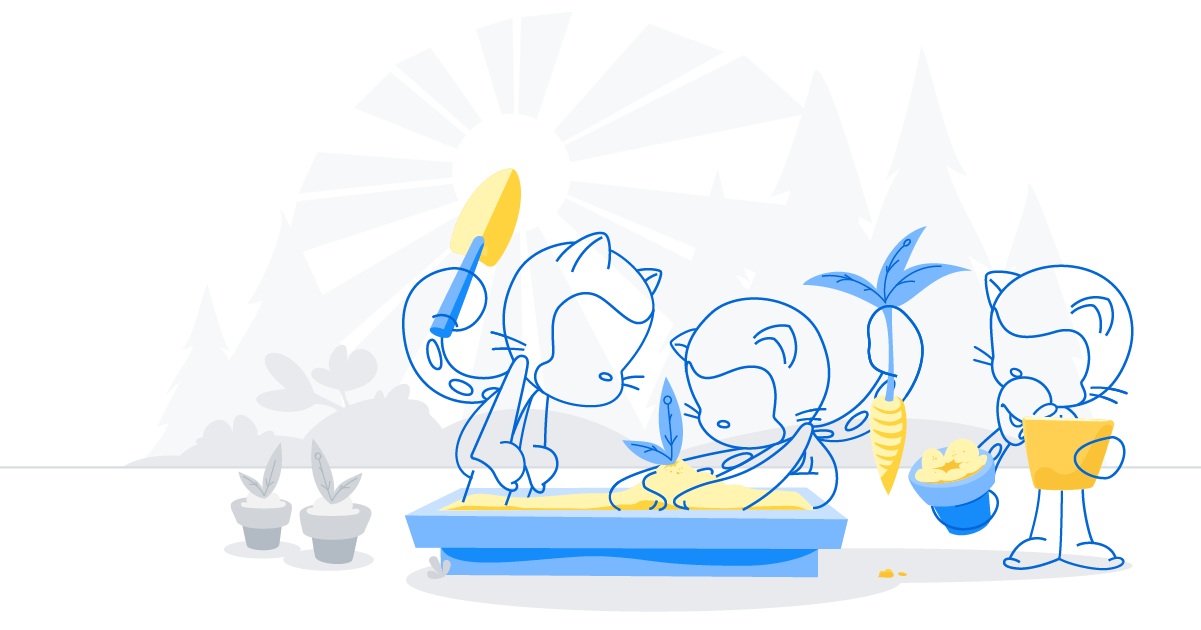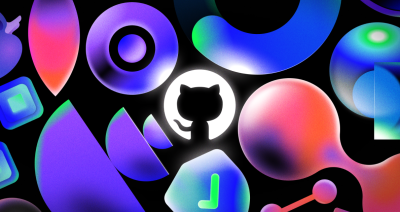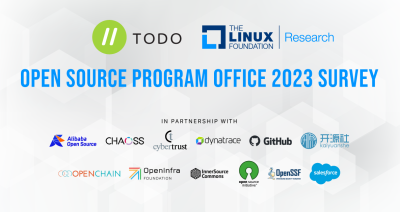Diversity and Inclusion at GitHub
At GitHub our goal is to help everyone build better software. To do that, we know we must create a company where anyone, regardless of what they look like or…

At GitHub our goal is to help everyone build better software. To do that, we know we must create a company where anyone, regardless of what they look like or where they come from, can grow and thrive. When we deliberately seek different perspectives, life experiences, and identities, we can build better products for developers all around the world.
Over the past 18 months, diversity and inclusion have become a major focus for us. We’ve learned how diversity of life experiences makes a big difference in how we identify and solve problems, design software, and communicate. Today, we’re releasing our diversity data for the first time to show where we’ve made progress, where we haven’t, and to be transparent about how much further we have to go. We will also provide updates annually and share lessons we learn along the way.
This journey started for us in 2014, after we made some major mistakes and people got hurt. We were forced to re-evaluate our culture and our goals. We had to ask ourselves hard questions about where we fell short.
We started by looking at our own demographics—and they weren’t good. Our diversity was nowhere near industry standard, which is already too low. We also asked what we needed to do to make GitHub a place where everyone can do their best work, then started making changes.
So far, we’re seeing early signs of progress. For example, GitHub has grown from under 1% women of color at the end of 2014 to over 10% today. We’ve increased the number of women in leadership roles to 35% while the number of women overall has grown from 21% in 2014 to 36% today. Of our US employees, 6% are Latino and more than 1% of Hubbers identify as transgender, genderqueer, or nonbinary. We are proud that these are all growing segments of our company.
Still, we are falling short in obvious ways. There are no Black/African-American GitHubbers in management positions, which is unacceptable. Diversity in technical roles lags behind our overall organization. Our gender imbalance remains. And we still have a lot of work to do to ensure we are building an inclusive culture.
Specifically some of the areas we’re focusing on are:
- Improving our recruitment processes to find candidates from all backgrounds, ensure that they meet a diverse slate of interviewers, and improve our hiring and onboarding practices so they are inclusive.
- Institutionalizing our long-held belief that formal education is only one of many paths to success at GitHub and in tech overall. We want to hire great people based on their skills, which can be obtained in a multitude of ways.
- Providing training for all Hubbers on building emotional intelligence, mitigating bias, and interpersonal communication as critical pieces of building inclusive culture.
- Expanding our benefits to include transgender health care, fertility treatments, and ensuring that our maternity/paternity leave policies exceed the tech industry’s norms.
- Modifying our San Francisco office to be more accessible. We’ve always intended our headquarters to be welcoming to our community by hosting events and are currently making changes to make it more inclusive. Hopefully we’ll see you here someday in the future.
- Building partnerships with organizations that are successfully removing barriers to entry in tech like EveryoneOn, CODE2040, and Maven. This is a deliberate investment in the future workforce of our industry and in those who will increasingly use GitHub to build amazing things.
In looking at our data and the areas we’re focusing on, there’s a lot to be hopeful about—but we still have so much further to go. We are just at the beginning of making substantial changes and seeing their results.
I’ve personally learned a great deal over the past few years. One huge lesson for me has been learning that everyone has the potential to be a great developer, but not everyone has the opportunity. That’s something we want to fix in our company and our community, and I invite you to join us in doing so.
I’ve also learned that increasing diversity isn’t a short term project but a lifelong journey. We want our company to reflect our world and I look forward to sharing updates on our progress with you in the future.
Tags:
Written by
Related posts

Apply now for GitHub Universe 2023 micro-mentoring
As part of our ongoing commitment to accelerate human progress through Social Impact initiatives, we’re offering students 30-minute, 1:1 micro-mentoring sessions with GitHub employees ahead of Universe.

The 2023 Open Source Program Office (OSPO) Survey is live!
Help quantify the state of enterprise open source by taking the 2023 OSPO survey.

Godot 4.0 Release Party 🎉
We are delighted to host the Godot 4.0 Release Party at GitHub HQ on Wednesday, March 22 from 6:30 pm to 9:30 pm. And you’re invited!